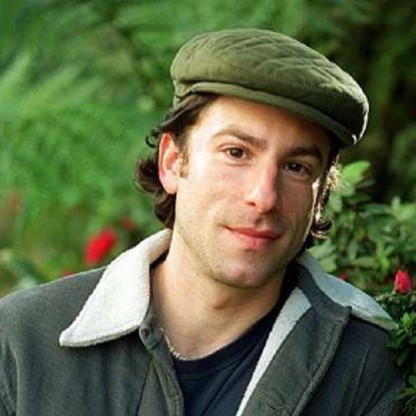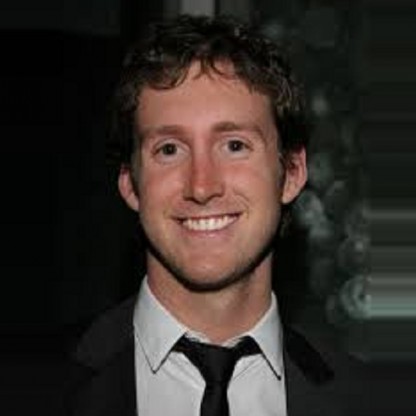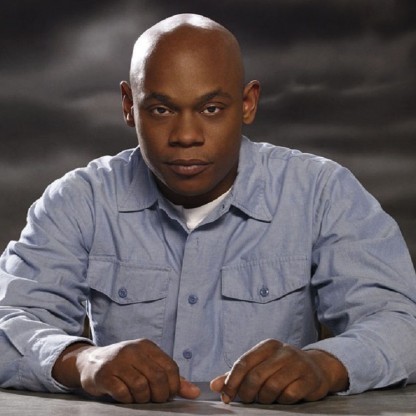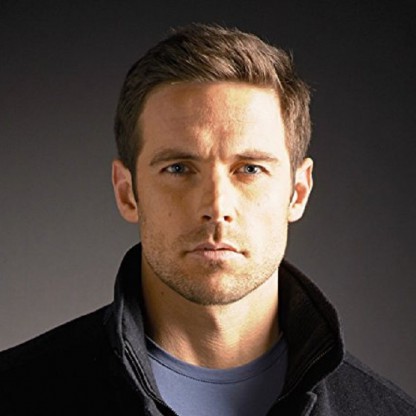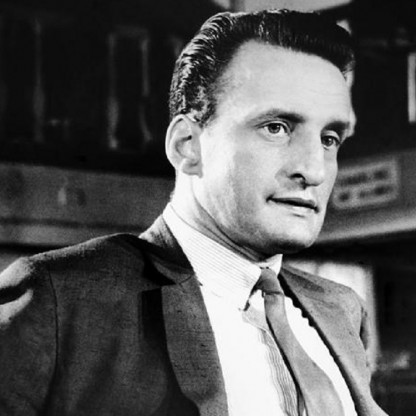Altman's first forays into TV directing were on the DuMont drama series Pulse of the City (1953–1954), and an episode of the 1956 western series The Sheriff of Cochise. After Alfred Hitchcock saw Altman's early features The Delinquents and The James Dean Story, he hired him as a Director for his CBS anthology series Alfred Hitchcock Presents. After just two episodes, Altman resigned due to differences with a Producer, but this exposure enabled him to forge a successful TV career. Over the next decade Altman worked prolifically in television (and almost exclusively in series dramas) directing multiple episodes of Whirlybirds, The Millionaire, U.S. Marshal, The Troubleshooters, The Roaring 20s, Bonanza, Bus Stop, Kraft Mystery Theater, Combat!, and Kraft Suspense Theatre, as well as single episodes of several other notable series including Hawaiian Eye, Maverick, Lawman, Surfside 6, Peter Gunn, and Route 66.
